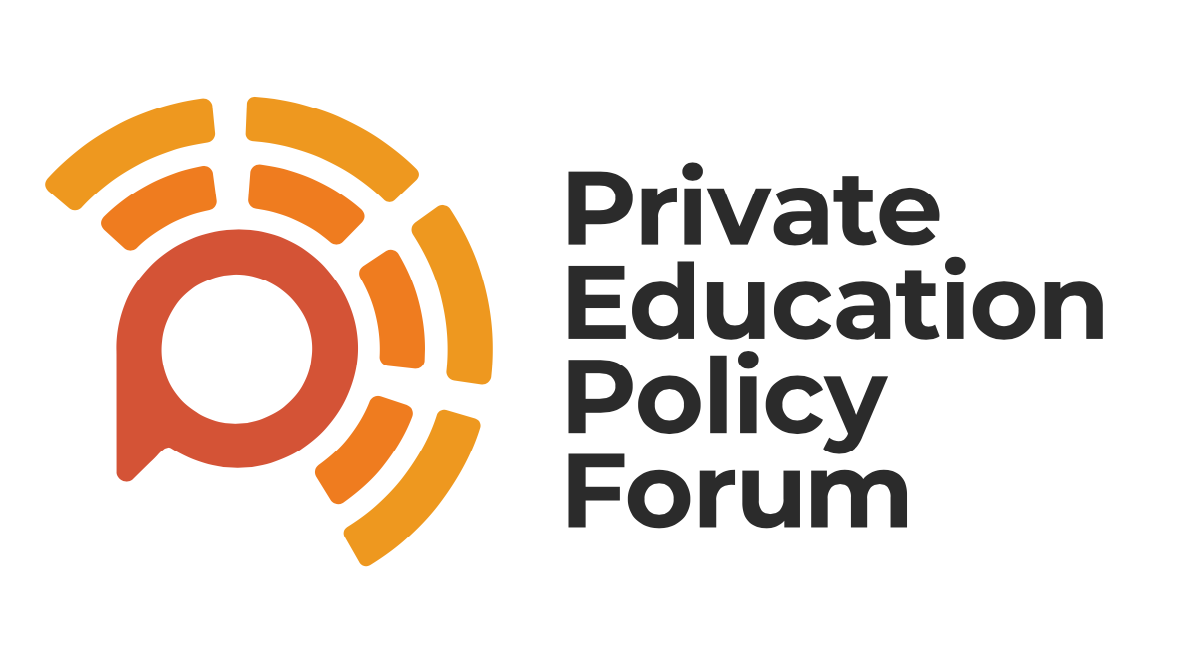
Simon Partridge
The increasingly concerned criticisms of private education in the last few years have focused on something called the “7 per cent problem” – the percentage of pupils who attend fee-paying schools in the UK.
For someone like myself who was sent off to boarding school at seven, this has always seemed a strange general category.
At day school, either private or state, you go home to your parents at the end of the day. They are by design very different institutions with different psychosocial effects for the pupils concerned.
Why lump them together?
So I have disaggregated the figures between state and private day and private boarding.
The figure for boarding pupils is well under one per cent – 0.7 per cent. It is even less if we subtract the some 29,000 overseas students at British boarding schools.
The ‘7 per cent’ critique rightly points up the disproportionate representation of the privately educated in the leading professions, politics and arts.
However, I suggest the famous Sutton Trust figures about the dominance of privately schooled pupils in public life would present as even more skewed if those figures were disaggregated by day private school and boarding private school.
And I think it matters to make this distinction.
I did such an exercise on Boris Johnson’s current Cabinet of 30:
- 11 went to private boarding schools (that’s 37 per cent of the Cabinet compared with 0.7 per cent of the UK). Three of those went to Eton.
- 13 went to private day schools (that’s 43 per cent of the Cabinet compared with 6 per cent of the UK);
- 6 went to state schools (that’s 20 per cent of the Cabinet compared with 93 per cent of the UK).
The over-representation of boarding pupils is blatant.
We really need research to show whether this is reproduced across most influential professional groups in Britain.
The grip of ex-boarders on British society goes largely unnoticed when we hide boarding within private education more generally.
But it is worse than that.
There is growing evidence from psychotherapists and developmental psychologists that sending children to boarding school at an early age does serious psychological damage.
This has come to be formulated as “boarding school syndrome” by leading psychotherapy experts such as Joy Schaverien and Nick Duffell.
It is a form of post-traumatic stress disorder due to sudden attachment rupture from the family, frequently followed by abuse and bullying at school. The delegation of supervision in boarding schools to older pupils appears to have enabled a “Lord of the Flies” type of environment.
While the bullying may have reduced, the family rupture continues to be part of early boarding. This includes children from overseas, whom many private schools are increasingly recruiting. They are outside their family home, culture and often their own language.
Children are being denied their right to a “family life”. This is contrary to the UN Convention on the Rights of the Child, which says “the child, for the full and harmonious development of his or her personality, should grow up in a family environment, in an atmosphere of happiness, love and understanding”.
Why is this tolerated simply because the parents are rich?
More recently I have identified a more extensive but subclinical condition affecting many in the British upper-class, which I have dubbed the “British Upper-Class Complex Trauma Condition” (for publication in Attachment, Vol. 15 (2), December 2021).
It is what is usually jokingly referred to as the “stiff upper lip”, signifying this social group’s incapacity in the realm of emotional empathy.
This incapacity can lead to arrogance, entitlement, misogyny (Cameron’s infamous “Calm down, dear!”) and racism (Johnson’s casual references to “water melon smiles” and “piccaninnies”).
The leaders produced by high-end boarding schools are often people seriously lacking in emotional warmth and an authentic sense of self – they are what Nick Duffell has rightly called “wounded leaders”.
Such “wounding” is inevitable if one is brought up in a household which outsources earliest care to nannies and then often dispatches children to boarding school at age seven or eight – developmentally far too young.
For generations this has gone largely unremarked but with the revelations of the likes of author Louis de Bernieres and the current inquiries of the child abuse inquiries in England, Wales and more recently Scotland, the grim truth is finally in the light of day.
I know this from personal experience. When I was sent away to preparatory boarding school at a young age, I was abused by the school doctor.
So let’s stop tiptoeing around. The time is overdue to phase out primary school boarding. It is an abuse of children and their right to a family life.
Secondary boarding schools need a more considered approach, but I think there is much we could learn from the Efterskole movement in Denmark.
Social democratic Denmark has 3.7 per cent of its children in boarding schools, but they are quite different from the British versions.
They are more like fifth and sixth form colleges that anyone can elect to go to (state subsidised if necessary) for a couple of years to learn about group living and civic life.
That could be a good model to work towards.
Meanwhile, it is my plea that organisations such as PEPF separate out the “<1 per cent problem of boarding schools” from the much less damaging private day schools (many of which could quite easily be integrated into a reformed, well-resourced state system).
Efforts to tackle private education should focus on the boarding issue as the more serious threat to our society’s wellbeing.
Simon was sent to weekly board from 1954 aged six and to full board from seven to 17.
He’s worked at the Greater London Coucil developing community radio and is a writer and researcher. He’s written about Complex-PTSD and Adverse Childhood Experiences (ACEs) and is a founding director of the London ACEs Hub.



